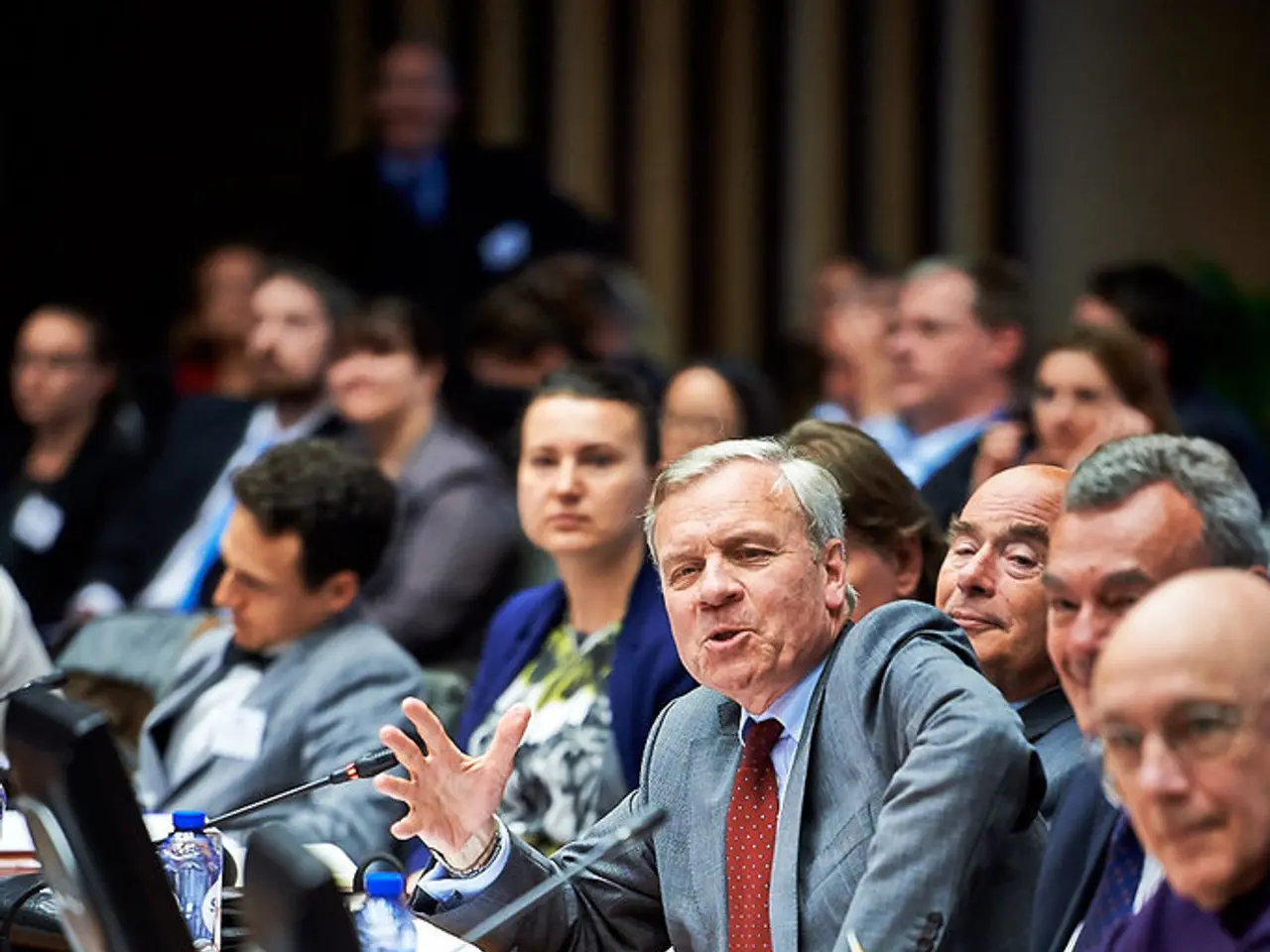Supreme Court denies special consideration for celebrities, revoking Darshan's bail
In a significant ruling, the Supreme Court of India, comprising Justices R Mahadevan and JB Pardiwala, has reaffirmed that no individual, regardless of influence or celebrity status, is entitled to leniency or preferential treatment under the law.
The ruling came in the case State of Karnataka v Sri Darshan etc, where the Court cancelled the bail previously granted by the Karnataka High Court to Kannada actor Sri Darshan and others in a murder case. The Court stated, “Whosoever he may be, howsoever high, he is not above the rule of law.”
The Supreme Court's concern revolves around the impact of leniency on society and public confidence in the justice system. It criticized the High Court’s bail order for lacking special or cogent reasons and for undertaking a detailed examination of witness statements at the bail stage, which it considered inappropriate.
The case in question is the renukaswamy murder case, which also involves Pavithra Gowda. The Supreme Court's stance is clear: individuals with influence or celebrity status must be treated equally under the law, without any special leniency, particularly in serious criminal matters.
It is important to note that the Supreme Court did not issue any new caution or warning related to leniency towards individuals with influence or celebrity status in the context of the renukaswamy murder case. However, the Court's warning is related to individuals facing serious charges.
This premium article discusses the Supreme Court's decision in the State of Karnataka v Sri Darshan etc case, emphasizing the importance of equal justice for all in the Indian legal system.
Politics and general news have been revolving around the Supreme Court's decision in the State of Karnataka v Sri Darshan etc case, underscoring the Court's stance on equal justice for all, irrespective of an individual's influence or celebrity status. This ruling underscores the Court's concern about the impact of leniency on society and public confidence in the justice system.







